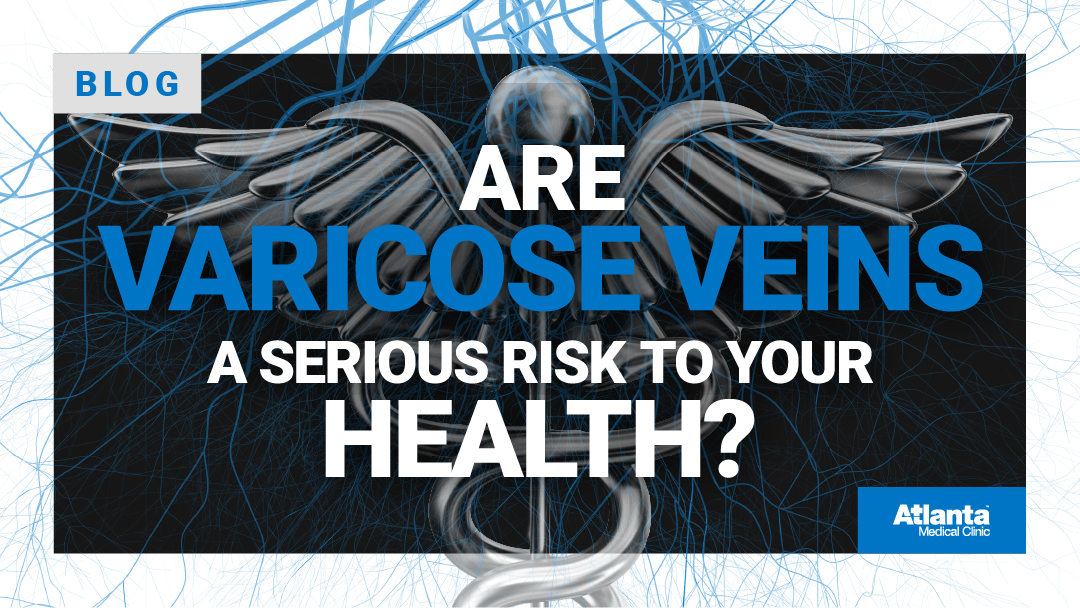It can feel worrisome to suddenly see the development of purple or blue veins beneath the skin on your legs. Larger areas of discoloration, called varicose veins, often have smaller lines of the same color surrounding them, called spider veins. Between the two, varicose and spider veins can cover significant portions of your legs.
When Should I Worry About Varicose Veins?
You should worry about varicose veins if you experience pain, swelling, or widespread leg discoloration. Burning, cramping, throbbing, and itching in the legs are also concerning. If you experience varicose veins paired with difficulty breathing, chest pain, loss of consciousness, or coughing up blood, you should seek immediate medical attention.
What Happens If You Don’t Treat Varicose Veins?
Varicose veins that go untreated can become worse and more noticeable over time. Additionally, this condition can cause skin ulcers, which are often slow to heal. There’s also the risk of developing other associated health problems like bleeding and skin discoloration.
Can Varicose Veins Cause Other Health Problems?
Sometimes, varicose veins can lead to phlebitis (swelling or inflammation of the veins) or blood clots.
Phlebitis isn’t always serious and often gets better on its own after one to two weeks. In the meantime, it can cause pain, redness, and warmth in the affected area. Sometimes, phlebitis can occur with a blood clot.
Blood clots are the most serious potential risk of untreated varicose veins. In the medical community, blood clots in the legs are called deep vein thrombosis (DVT). Some people with DVT get lucky, and the blood clots clear up on their own without an issue. But, in some cases, DVT leads to a pulmonary embolism when the blood clot breaks loose and becomes lodged in your lung’s blood vessels. A pulmonary embolism is a life-threatening medical emergency.
What Is the Best Treatment For Varicose Veins?
At Atlanta Medical Clinic, our varicose vein treatment revolves around three advanced non-surgical procedures. These include:
- Radiofrequency Ablation: A minimally invasive procedure where a catheter is inserted into the vein to deliver radiofrequency energy to the vein wall.
- ClariVein OC: A catheter delivers medication into the diseased vein to close the varicose vein and allow blood to flow normally again.
- Sclerotherapy: A thin needle injects a special solution into the veins, irritating the vein’s lining so it will stick together and ultimately disappear.
At our vein treatment clinic, we focus on providing individual care. You and your doctor will work together to choose the best treatment for your unique needs.
Get Professional Help With Your Varicose Veins Today
Varicose veins are usually benign, but some rare cases can be serious. Plus, many feel self-conscious about their legs after developing this issue. But help is available. If you’re ready to start varicose vein treatment, contact Atlanta Medical Clinic for a free consultation with a leading varicose vein doctor in Atlanta.

